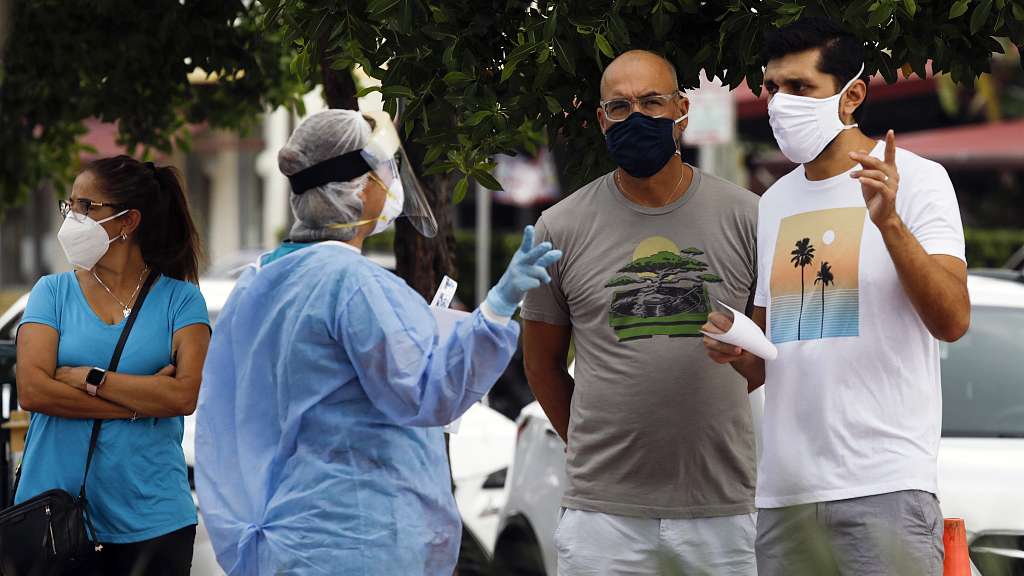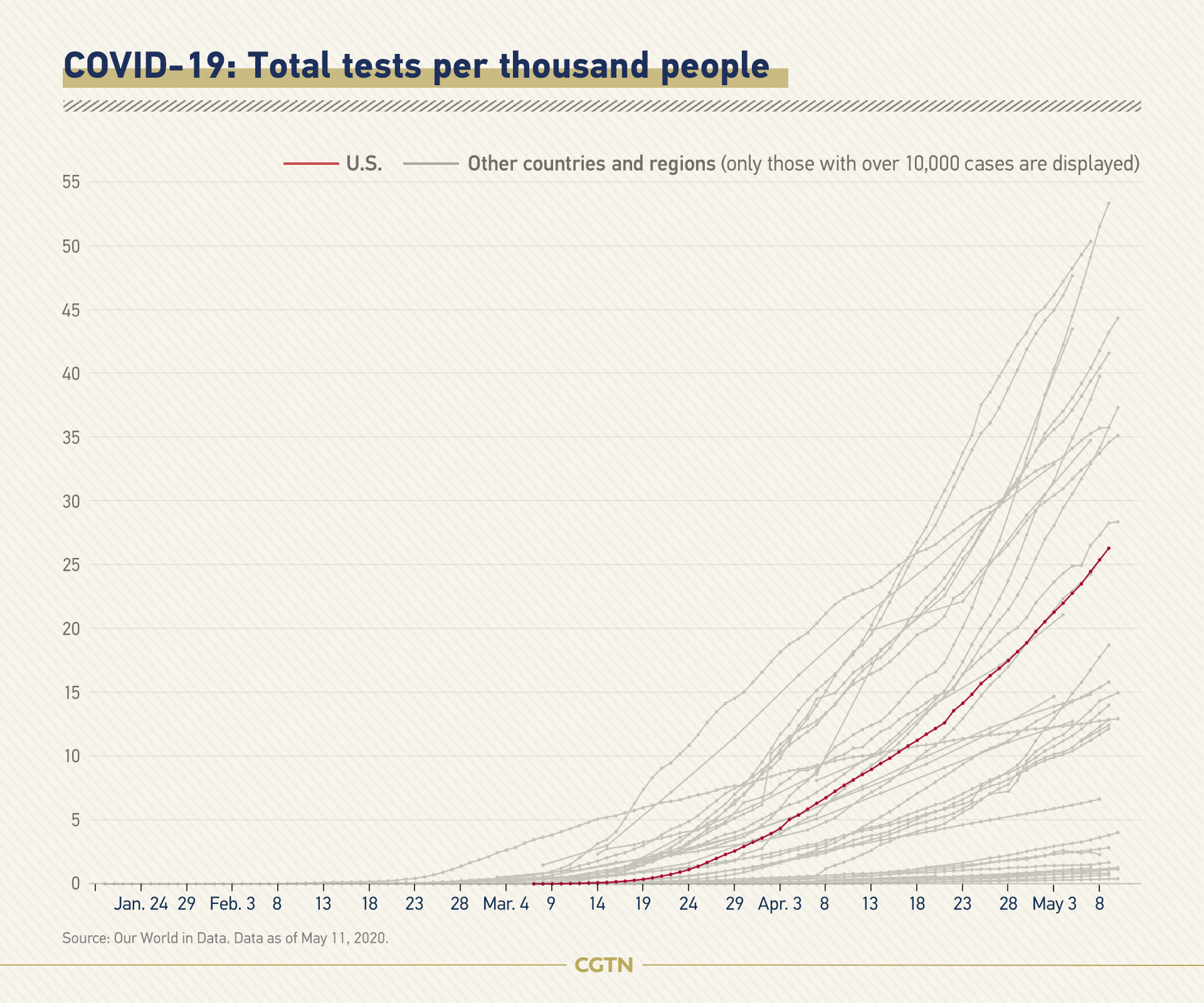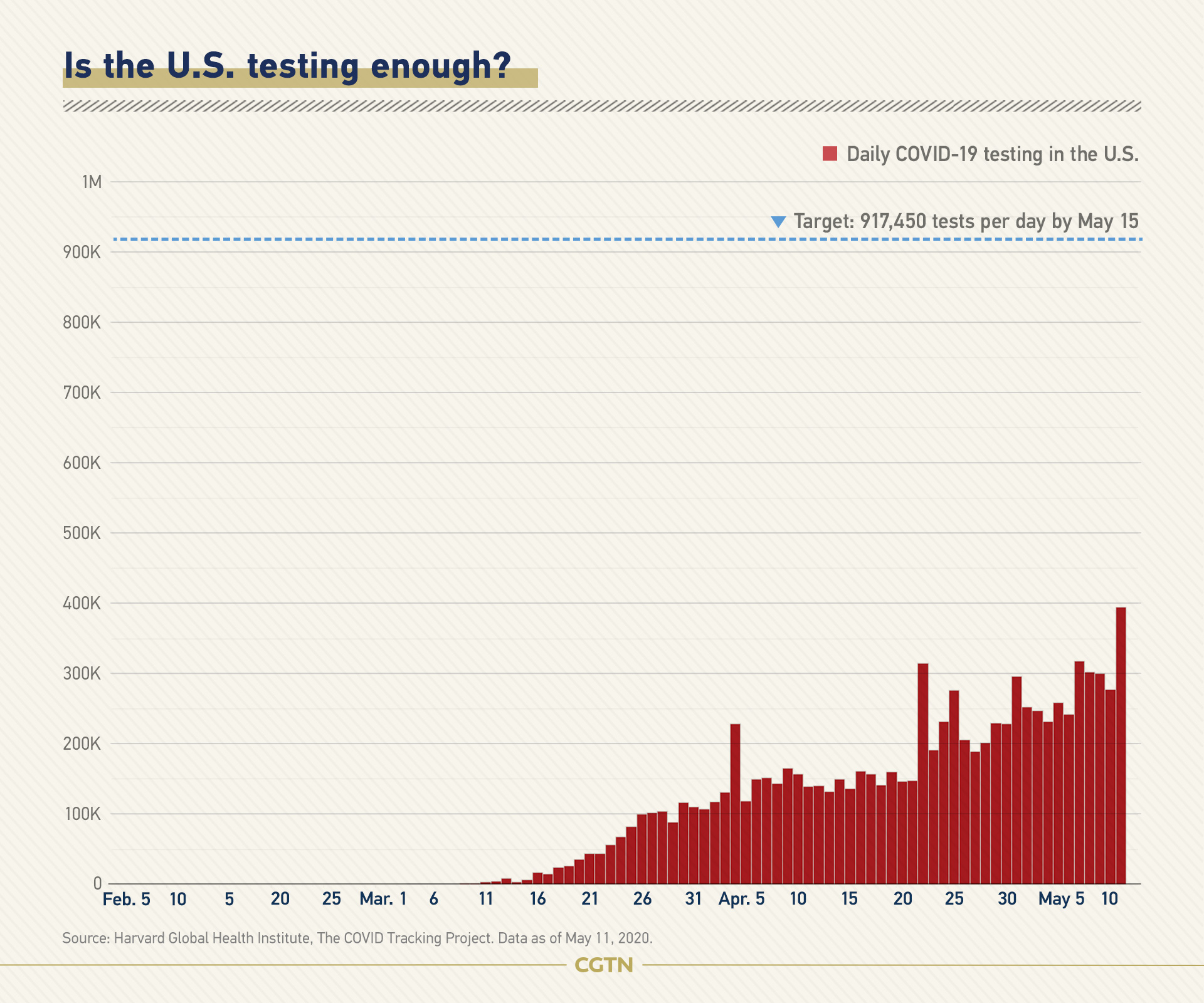00:39

In an interview with CNBC on Tuesday, former Microsoft co-founder Bill Gates criticized testing efforts in the U.S. a complete waste if it took more than two days for test results to come back.
"You should not reimburse somebody for getting a test that takes more than 48 hours to get a result back," the billionaire said on CNBC's "Squawk Box."
"You need to get back as soon as possible so that somebody can change their behavior — so that they're not infecting other people."

In general, the turnaround time for coronavirus tests was several days or even a week, according to some of leading lab diagnostics companies in the U.S.. Even for priority patients including hospital patients and symptomatic health-care workers, the average time for results was more than two days.
The time delay has hampered the country's efforts to contain the spread of the virus, no matter how many tests have been carried out, warned many health officials.
"You need to prioritize. You need to make sure that low-income communities that are most at risk, that they're getting those results back within 24 hours," Gates said.

How accurate are the tests?
Despite U.S. Food and Drug Administration (FDA) having ramped up their testing capability, months into the outbreak, no one really knows how well many of those screening tests work.
When the new virus began spreading, FDA used its emergency powers to approve scores of quickly devised tests, based mainly on a small number of lab studies showing they could successfully detect the virus.
That's very different from the large patient studies that can take weeks or months, which experts say are needed to provide a true sense of testing accuracy.
In recent weeks, preliminary findings have flagged potential problems with some COVID-19 tests, including one used daily at the White House. Faulty tests could leave many thousands of Americans with the incorrect assumption that they are virus-free, contributing to new flare-ups of the disease as communities reopen.
"In the beginning, the FDA was under a lot of pressure to get these tests onto the marketplace," said Dr. Steven Woloshin of Dartmouth College, who wrote about the issue in the New England Journal of Medicine last week. "But now that there are plenty of tests out there, it's time for them to raise the bar."
The FDA said in a statement that it has already asked multiple test makers to do follow-up accuracy studies, although it didn't say for how many of the more than 110 authorized screening tests.
The agency also said it is tracking reports of problems. Accuracy has also been an issue with blood tests that look for signs of past infections.
Read more: Accuracy still unknown for many rushed out U.S. coronavirus tests